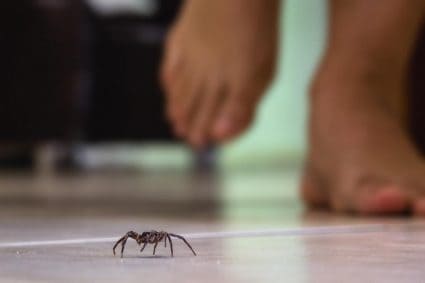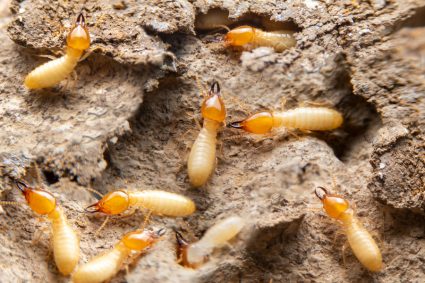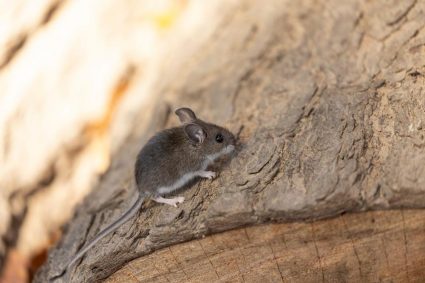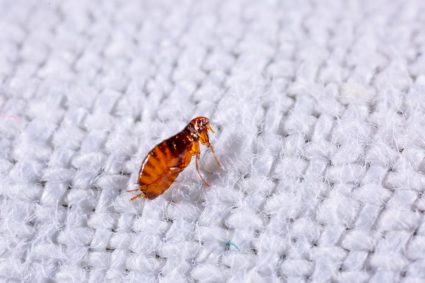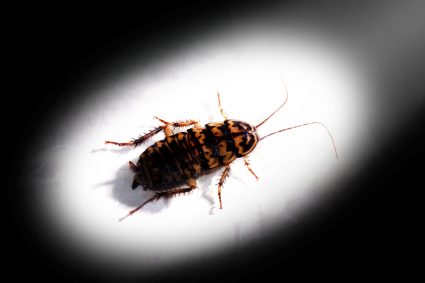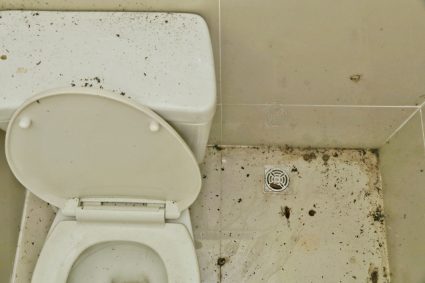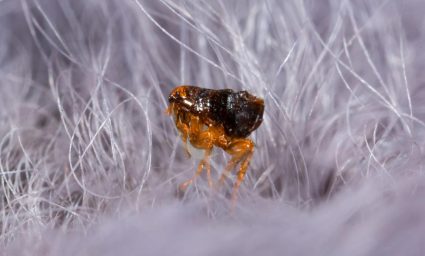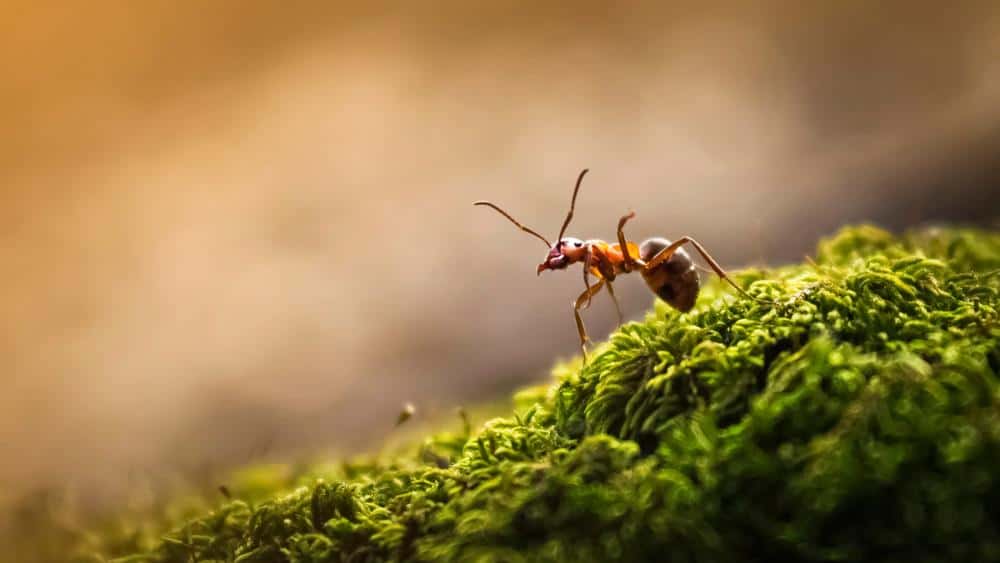
Red ants, particularly red imported fire ants (Solenopsis invicta), are known for their aggressive behavior and painful stings. However, like all creatures, they have certain dislikes, or substances and conditions they tend to avoid. Understanding what these are can help you deter them from your property or effectively control them if they’re causing a problem. In this comprehensive guide, we will delve into the world of red ants and what they hate.
Red ants, especially the red imported fire ants, are repelled by certain substances and conditions. Some natural substances they hate include cayenne or black pepper, vinegar, lemon juice, cinnamon, peppermint, diatomaceous earth, and citrus oil. Human-made products that deter them include white vinegar, lemon juice, glass cleaner mixed with liquid detergent, essential oils like peppermint, clove, and citrus, boric acid, and organic insecticides. However, these are not long-term solutions for ant control.
Characteristics of Red Ants
Red ants, or more specifically red imported fire ants, are small insects with a copper brown head and thorax and a darker abdomen. They range in size from 2 to 6 mm, with the queen ant being considerably larger, up to 25 mm long. These ants are known for their aggressive behavior and will defend their colony by swarming and stinging any perceived threats.
Their nests, often visible as mounds above the ground, can house over 200,000 ants, including worker ants, queen ants, and winged reproductive ants. The colonies are primarily found in moist areas with abundant sunlight like lawns, parks, fields, and meadows.
Natural Substances That Red Ants Hate
There are several natural substances that red ants tend to avoid. Some of the most effective ones include:
- Cayenne or Black Pepper: These spices irritate ants and disrupt their scent receptors, making them avoid areas with these spices.
- Vinegar: A mixture of equal parts vinegar, baking soda, and water can repel ants due to the strong scent of vinegar.
- Lemon Juice: A solution of one part lemon juice to three parts water can deter ants.
- Cinnamon: Ants are repelled by the compounds in cinnamon leaf essential oil.
- Peppermint: Peppermint oil is a natural insect repellent, and ants hate the smell.
- Diatomaceous Earth: This substance can deter ants by lacerating their exoskeletons and dehydrating them.
- Citrus Oil: Citrus oil, found in orange peels, repels ants and other insects.
Human-Made Products That Deter Red Ants
In addition to natural substances, there are several human-made products and chemicals that red ants dislike:
- White Vinegar: Mixing equal parts of white vinegar and water creates a solution that can be sprayed on ants and surfaces to deter them.
- Lemon Juice: A solution of one part lemon juice to three parts water can be used similarly to the vinegar solution.
- Glass Cleaner and Liquid Detergent: Mixing glass cleaner with liquid detergent can help remove the scent of ant pheromones and deter ants from reentering your home.
- Peppermint, Clove, and Citrus Essential Oils: These oils act as natural pesticides and can be used in a spray to deter ants.
- Boric Acid: Sprinkling boric acid in areas where ants are commonly found can deter them, as it is toxic to ants when ingested.
- Diatomaceous Earth: This natural silica-based dust can kill some ants, but its effectiveness in eliminating entire colonies is inconsistent.
- Organic Insecticides: Some organic products containing boric acid, pyrethrin, rotenone, citrus oil extract, or diatomaceous earth can deter ants.
Misconceptions About What Red Ants Hate
There are several misconceptions about what can repel red ants. For instance, some people believe that chalk, vinegar, or spices like cinnamon, garlic, and pepper can kill or repel ants. While these substances may temporarily repel ants or disrupt their scent trails, they are not effective long-term solutions for ant control.
Dealing with Red Ants
If you’re dealing with a red ant infestation in your home, several methods can help you get rid of them. These include using a mixture of boiling water and dish soap, applying diatomaceous earth, using ant baits and insecticides, and keeping your home clean and free of food scraps.
In conclusion, while red ants are resilient creatures, they have specific dislikes that can be used to deter them or control infestations. By understanding these dislikes and using them to your advantage, you can keep your property ant-free.
Frequently Asked Questions
How quickly can a red ant colony grow?
Red ant colonies can grow very quickly due to their high reproduction rate. A single queen ant can lay up to 800 eggs per day, and under ideal conditions, a new colony can reach tens of thousands of ants in just a few months.
How dangerous are red ant stings?
Red ant stings can be quite painful and cause a burning sensation, hence their name “fire ants”. The sting site can develop into a red welt and later into a white pustule. In rare cases, individuals can have severe allergic reactions to the sting, which can be life-threatening and require immediate medical attention.
Can I use the same methods to deter other types of ants?
Many of the methods mentioned in the blog post, such as using vinegar, lemon juice, or essential oils, can be effective against other types of ants. However, the effectiveness can vary depending on the species of ant, so it may be necessary to try different methods or consult a pest control professional for severe infestations.
Are red ants harmful to the environment?
Red ants can have both positive and negative impacts on the environment. On the positive side, they can help control certain pests and turn over soil, which can improve soil health. On the negative side, they can displace native ant species and other small animals, disrupt ecosystems, and damage agricultural crops.
What should I do if natural methods aren’t working to deter red ants?
If natural methods are not effective in deterring red ants, it may be necessary to use commercial ant baits or insecticides, or consult with a professional pest control service. It’s important to remember that safety is paramount when dealing with these insects, as they can be aggressive and their stings can be painful.

